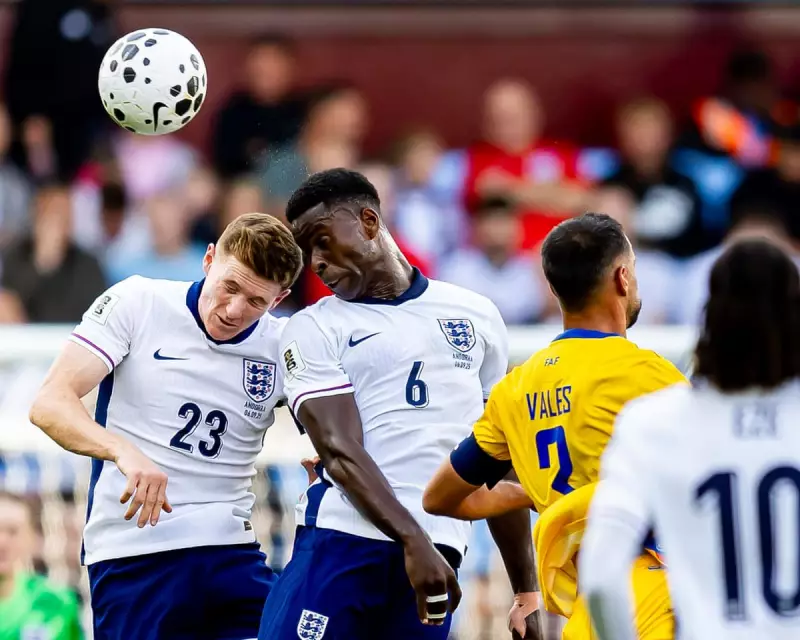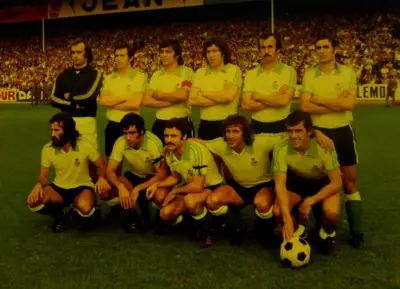
The distinct thud of leather meeting leather, followed by a frantic aerial scramble—it's become the unmistakable soundtrack of the modern England era under Gareth Southgate. While the manager has overseen periods of undeniable progress, a stubborn tactical trend continues to divide fans and pundits alike: an overwhelming reliance on the long ball.
Fresh analysis of the recent UEFA Nations League campaign has thrown this approach into sharp relief. The statistics are stark and tell a story of a team consistently bypassing the midfield. Against top-tier nations, the percentage of long passes attempted by England significantly outstrips their technically gifted opponents.
The Data Doesn't Lie: Aerial Battles Over Midfield Maestros
This isn't a one-off occurrence. The pattern has been consistent throughout Southgate's tenure. The tactic often involves:
- Goalkeepers bypassing the defence and midfield with long, searching kicks towards the forward line.
- Central defenders opting for direct, early passes to the wings or a target striker instead of building through phased possession.
- A noticeable drop in intricate, short-passing moves through the central channels, a hallmark of teams like Spain or Germany.
This 'route one' approach can be effective against lesser-ranked sides where England's superior physicality dominates. However, against the disciplined, tactically astute defences of Europe's elite, these hopeful balls often result in a swift loss of possession and increased defensive pressure.
The Southgate Paradox: Progress Amidst Pragmatism
This makes for a fascinating paradox. Southgate has successfully blooded a generation of technically superb players blessed with composure on the ball—Jude Bellingham, Phil Foden, and Declan Rice being prime examples. Yet, the team's overarching strategy often negates their core strengths.
Critics argue that this pragmatic style is a conscious choice to minimise risk in critical tournament moments, prioritising defensive solidity over creative flair. Supporters counter that it has delivered results, including a World Cup semi-final and a European Championship final.
The central question remains: is this long-ball identity a necessary evil for tournament football, or is it a tactical ceiling that prevents a golden generation from truly soaring?
A Crossroads for The Three Lions
As England look towards the next World Cup cycle, the debate intensifies. The wealth of creative talent at Southgate's disposal is the envy of most nations. The final piece of the puzzle may not be discovering new stars, but rather unlocking their full potential by trusting them with a more progressive, possession-based philosophy.
The choice is clear: continue with the safety of the long ball or evolve into a team that dominates the game on the ground as well as in the air. The future of English football may depend on the answer.





